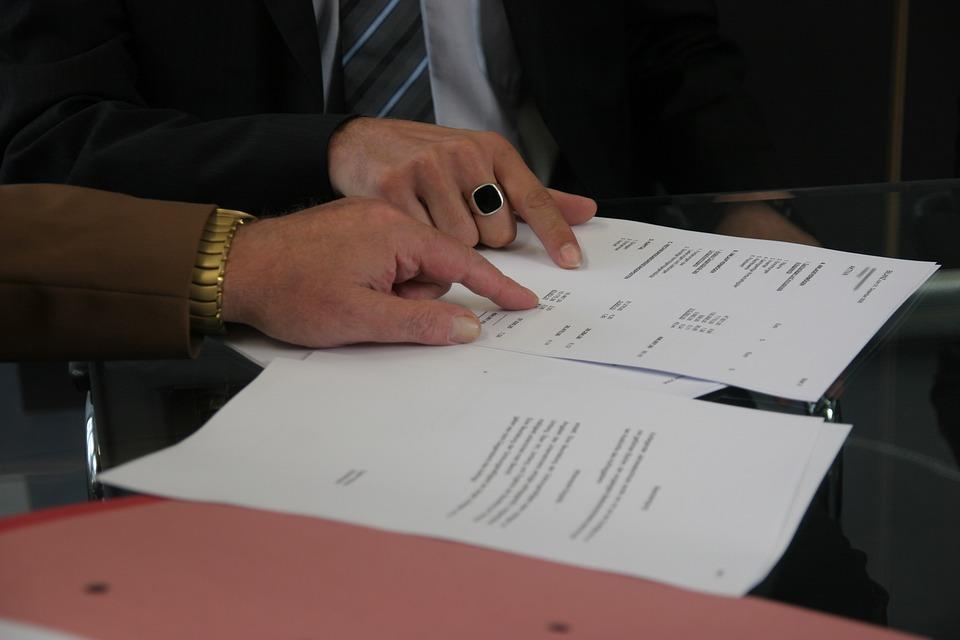Leasing a commercial property is a very different investment from renting a residential space. This is because renting a commercial property is a key factor in determining the structure of your organisation and the flow of your business operations.
Hence, before signing a commercial lease, it is crucial to understand all the terms and conditions associated with it. Some of these terms include the period of validity of the lease, the rent expected and the percentage of its increment in the future. Here are 5 key things to keep in mind before leasing your commercial property:
1) Commercial Lease vs. Residential Lease
It is important to understand the legal difference between a commercial lease and a residential one. They differ from each other primarily based on these three salient points:
- Term of the contract – It is difficult to modify or terminate a commercial lease as it is a long term contract.
- Negotiable and flexible – These contracts are much more open to negotiation as compared to residential leases as the landlords are eager for finding tenants and offer special amenities or discounts.
- Lack of consumer laws – Unlike consumer laws that protect the rights of tenants under a residential lease, commercial leases are not subject to them.
2) Negotiate the Rent
Commercial spaces are usually rented according to their square footage. Before leasing a space for your business, try and negotiate the rent stipulated. Depending on the property, your prospective landlord may readily agree to lower the rent or may offer you a certain number of months of ‘free rent.’ It is always advisable to consult a legal expert to negotiate the lease for you. A skilled property lawyer makes sure you lease the perfect location for your business at the most affordable rate possible.
3) Check the Total Cost
Go through the agreement thoroughly to make sure you understand the total number of expenses associated with the property lease. These expenses usually include the rent of the space, the common area maintenance and may also include costs for the property tax, its insurance, courtyard charges etc. Analysing the contract with your property lawyer beforehand helps you understand your lease better and determine the final costs accurately.
4) Consider the Facilities
In most cases, landlords provide you with basic infrastructural facilities like electricity and round the clock water supply. Based on the valuation of the property, some landowners may also offer you a fully furnished space with all the fixtures intact. Look for an agreement which provides an overall package of these facilities. Consider all these amenities and the benefits they might have for your operations and rent a property accordingly.
5) Understand the Terms and Conditions
This is the last and the final stage before signing a commercial lease. Evaluate the following points while reading the terms and conditions of the contract:
- The tenure of the lease- The period for which the lease is effective.
- The office space- The exact square footage of the space which you are renting and the parameters used by the landlord to measure it.
- Maintenance- The maintenance and repair costs associated with your property and the person responsible for their payment.
Keep these tips in mind and sign a commercial lease accordingly. If you are renting a space for your business for the first time, understanding the terms and conditions can be complex. Consulting an experienced law firm can make the process much easier for you.

